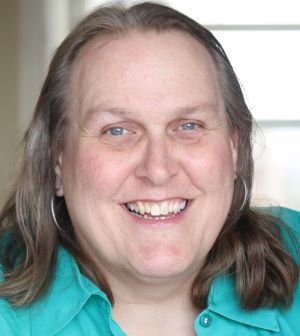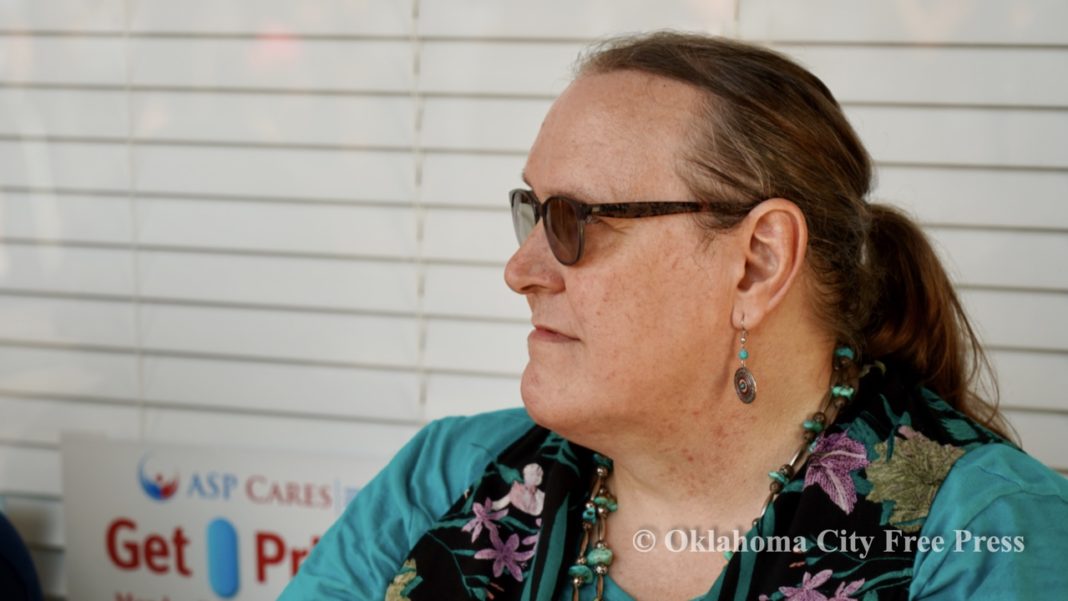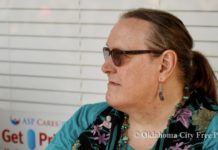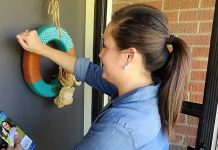Last Updated on January 5, 2024, 12:57 AM | Published: May 7, 2021
Paula Sophia Schonauer, LCSW, continues a serial memoir. If you haven’t read the earlier parts of this series take a look:
- Manhood, from the inside out — Memoir and Mythology
- Part 2 — Cubby Hole
- Part 3 — Magic Carpet Cocoons
- Part 4 — Snips and Snails and Puppy-Dogs’ Tails
- Part 5 — Mirror
- Part 6 – Deep Water
- Part 7 – Limbo
- Part 8 – Dissociation
“What grows shame? Secrecy, Silence, and Judgment”
― Brené Brown
I told nobody what happened.
Nobody.
I embraced shame and wore it like a shroud, feeling responsible for everything that went wrong. The world was wrong because I was wrong, and I felt like a mascot for bad luck.
Mom took us kids to Northlawn Cemetery in Northeast Ohio to feed the ducks at a lake in the middle of the memorial garden one afternoon. Before feeding the ducks, though, she wanted to find my little brother’s grave. Kenny was born in June 1967 and died forty-five minutes later. He lived long enough to be held, long enough to be named, and long enough to be loved. It was a loss from which Mom never quite recovered. At that time, Kenny did not have a grave marker, just a steel peg in the ground topped with rubber molding and stamped with the number eleven.
Dad wasn’t there for the birth and death of his second son, so he never saw Kenny and didn’t think he lived long enough to be memorialized.
It was late summer after several days of rain, so the grass at the cemetery was long. Mom combed through the grass looking for the grave marker, getting more desperate the longer it took. I started looking, too while my younger brother and sister ran around, playing. I couldn’t find the marker, either. Mom and me on our hands and knees, Mom crying like she’d lost Kenny all over, again, and me trying desperately to find the marker and please Mom. I wanted to be the hero that day. After a long time, the air started to cool, and the wind turned from breeze to gale, thunder in the distance.

My brother had wandered close to the lake and had angered a goose bigger than he was. The goose flapped its wings and held them out, tripling its apparent size. Shawn screamed and started running, the goose right behind him pecking at the back of his head. My sister, Tammy, started screaming, mostly in sympathy.
She was not in direct danger, but Shawn’s screaming was awful, horrendous to hear, like he was being chased by death itself. Mom and I ran to rescue him, then the goose started chasing her. The kids and I ran for the car, got in, and watched the goose chase Mom all the way to the car door. She had to kick it to keep from shutting the door on its neck.
Once we were all safe in the car, it started to rain hard, and the trees in the memorial garden bent, leaves and branches flying through the air. Shawn and Tammy continued crying and screaming. Mom wept, tears pouring down her face, head resting at the top of the steering wheel. I wanted to cry, but I tried my hardest not to, determined to be strong for Mom. I was afraid the wind might turn into a tornado, that we’d get swept into the air, lost to oblivion.
It was my fault.
Dad got laid off for a couple of months, and after that the United Auto Workers went on strike for several weeks. Sometimes, Dad took me to the picket lines outside the Terex assembly plant, then owned by General Motors, in Hudson, Ohio.
While he walked the line holding a sign, I sat in a tent on a metal folding chair improvising a game with saltine crackers on the red and white checkered tablecloth strewn over a splintery wood table. One of the men in the tent challenged me to a game of checkers. He had a balding head, a full black beard, and tattoos, and he had a big smile.
“I don’t know how,” I said.
“That’s okay. I’ll teach you.”
The man scared me, not anything he did, just the way he looked. I sat in front of him, silent and motionless, waiting for him to grab me. He explained the basic rules of the game, placed the crackers in rows, but his words were muddled. I’d gone into a void, drifting in nothingness.
Something nudged my shoulder, bringing me back to reality. All the noise in the world came rushing in, everything in sight became sharper, intensely focused. It was overwhelming, and I jumped out of the chair, ready to run away.
I started to cry, feeling trapped in the tent. The tattooed guy tried to calm me down, but I started balling, yelling for Dad.
When Dad came into the tent, he glared at me, grabbed me by the arm and pulled me outside. It was starting to rain, and the wind was cold.
“What is it, now?”
“I don’t know,” I said, but I did, sort of. I was afraid of men, especially rough looking men.
Dad pulled me toward his car, a white Chevy Impala with round headlights and pointy tail lights. He closed me inside, started the car and over-revved the engine, stomping the gas pedal.
“I don’t know what your problem is,” he said. I was afraid to say anything, not wanting to make him angrier.
In the following weeks, Dad filed bankruptcy. We lost our car, our house, and we had to live with my grandparents, all of us, two adults and three kids, in one bedroom.
It was my fault
It was bad enough what happened to my body that day in the locker room, but the worst is what happened to my psyche, the equivocation of death and being female.
I learned in a profound way that deviating from masculine norms was dangerous, that being female was something despised. I internalized the concept that the only thing worse than being female was to be a male who wanted to be female.
Even at the age of seven, I could articulate this to myself because I had already been bullied and ridiculed for failing to conform to what people expected of a boy. But to have my life threatened, that was a deeper level all together, a profound trauma.
Yet, had I been able to speak through my fear in the locker room that day, I might have done it. In many ruminations, I thought I’d blown the only chance I would ever get to be a girl. That is, if I had survived.
The pressure to conform to masculine ideals, which include violence, competition, power and control would be gone. I could be free, then, to pursue sugar and spice and everything nice – to bake that cake, and eat it, too. Of course, I had no idea about the oppression girls and women endure, the price of nice, the prison of pretty, the pressure to submit, and the compulsory cultivation of female sexuality.
In my mind, the young man at the YMCA raped me, if not by the definition of rape in criminal statutes, but mentally, emotionally, and spiritually.
He wounded my soul, planting seeds of shame at the core of my being. Those seeds would be nurtured by a society that hates queerness, by religious leaders preaching hate, by my family who refused to see me, and by the whole idea of manhood itself, all its posturing, righteousness, and aggression.
Guest Columnist Paula Sophia is a licensed clinical social worker in Oklahoma City and a former Oklahoma City Police Officer.







